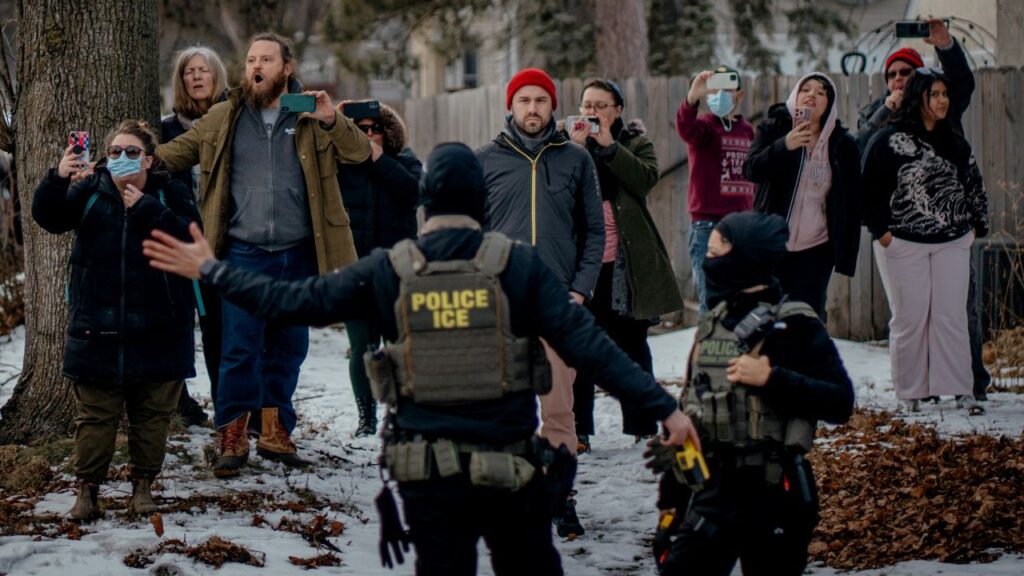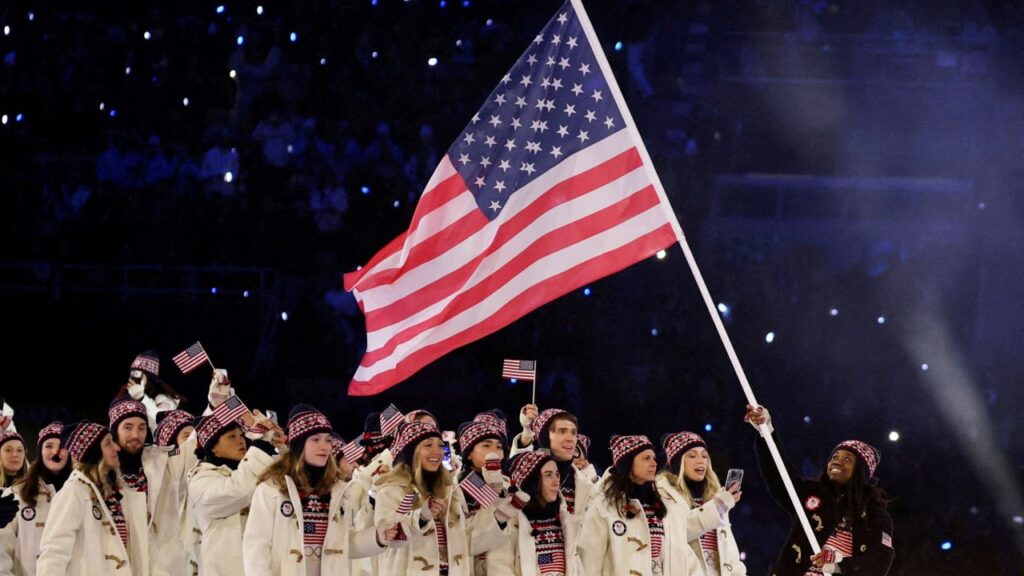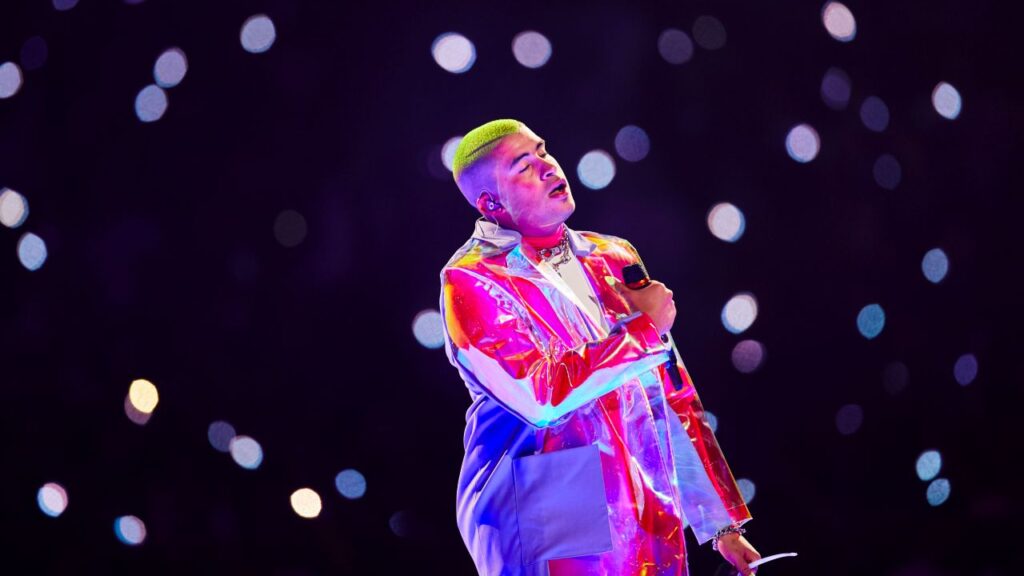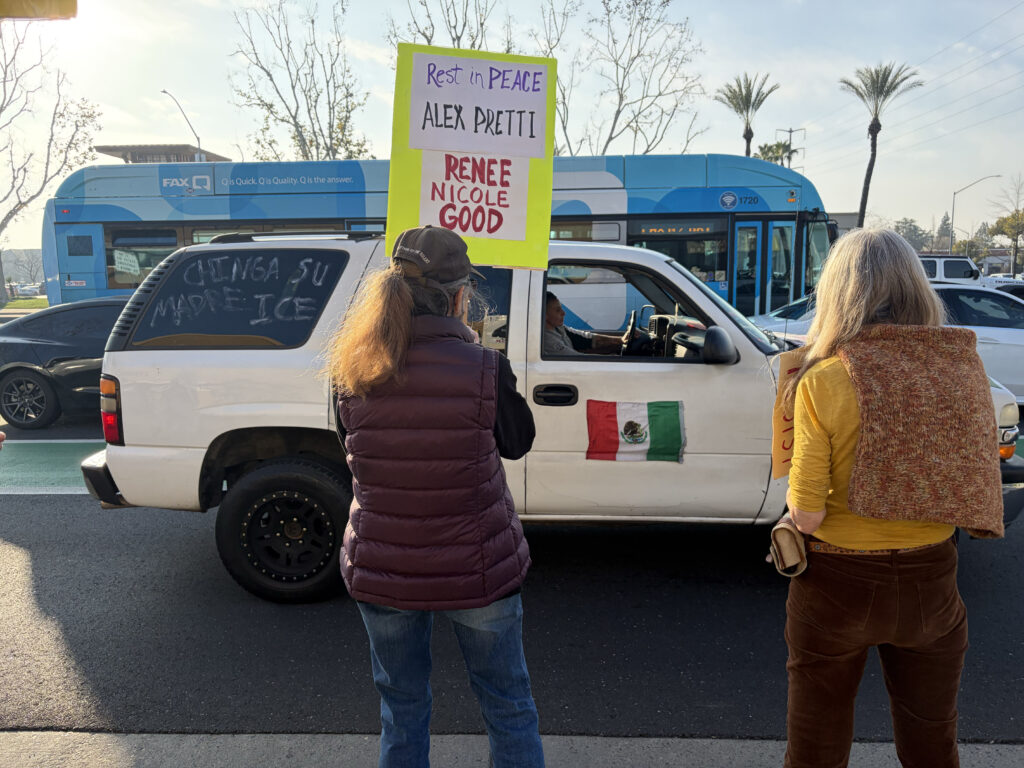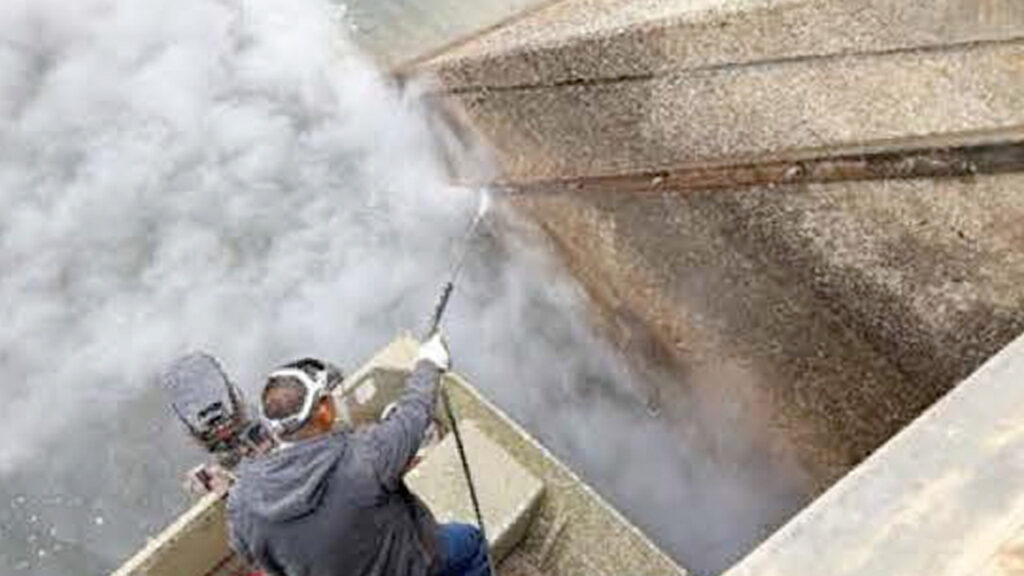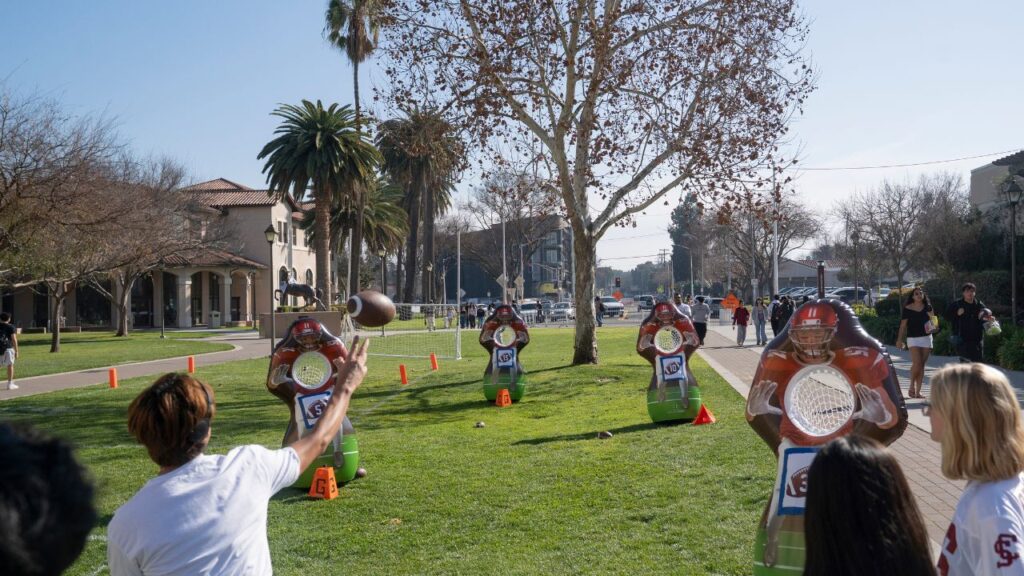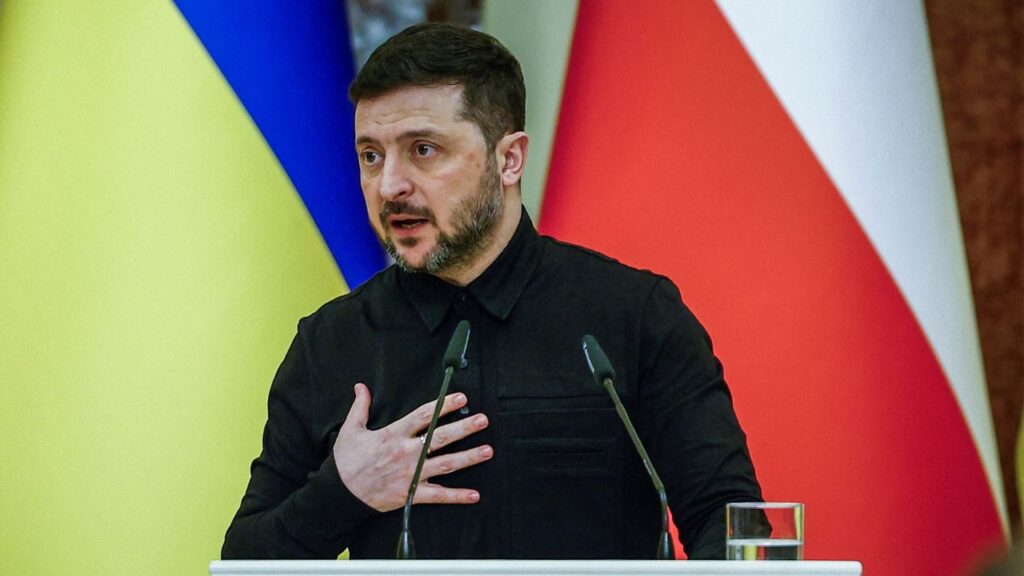Bipartisan group of senators call for restrictions on TSA's use of facial recognition technology, citing privacy and civil liberties concerns. (AP File)

- Senators are pushing for restrictions on TSA's use of facial recognition technology.
- They suggest using the FAA reauthorization as a vehicle for oversight.
- The technology is currently in use at 84 airports and is set to expand.
Share
|
Getting your Trinity Audio player ready...
|
WASHINGTON — A bipartisan group of senators is pushing for restrictions on the use of facial recognition technology by the Transportation Security Administration, expressing concerns about travelers’ privacy and civil liberties.
Call for Oversight on Facial Recognition Use
In a letter on Thursday, the group of 14 lawmakers called on Senate leaders to use the upcoming reauthorization of the Federal Aviation Administration as a vehicle to limit TSA’s use of the technology so Congress can put in place some oversight.
“This technology poses significant threats to our privacy and civil liberties, and Congress should prohibit TSA’s development and deployment of facial recognition tools until rigorous congressional oversight occurs,” the senators wrote.
The effort, led by Sens. Jeff Merkley, D-Ore., John Kennedy, R-La., and Roger Marshall, R-Kan., “would halt facial recognition technology at security checkpoints, which has proven to improve security effectiveness, efficiency, and the passenger experience,” TSA said in a statement.
Related Story: Airlines Now Required to Give Automatic Cash Refunds for Canceled, Delayed ...
Expansion of Facial Recognition Technology
The technology is currently in use at 84 airports around the country and is planned to expand in the coming years to the roughly 430 covered by TSA.
The FAA reauthorization is one of the last must-pass bills of this Congress. The agency regulates airlines and aircraft manufacturers and manages the nation’s airspace.
Concerns Over Data Collection and Privacy
Critics have raised questions about how the data is collected, who has access to it, and what happens if there is a hack. Privacy advocates are concerned about possible bias in the algorithms and say it is not clear enough to passengers that they do not have to submit to facial recognition.
“It is clear that we are at a critical juncture,” the senators wrote. “The scope of the government’s use of facial recognition on Americans will expand exponentially under TSA’s plans with little to no public discourse or congressional oversight.”
RELATED TOPICS:
Categories
